Buy high-quality care products? Avoid These 8 Harmful Ingredients

Our cosmetics range does not just consist of: organic facial care and the best natural effective ingredients. We believe that cosmetics should actually add something to your skin results, health and the environment. You too, right?
Because did you know that many skin complaints are (partly) caused by certain ingredients in skincare products? While these should improve our skin and hair. Because the ingredients can be listed under different names on the label, it is not made easy for you. We help you with an overview of ingredients that you should avoid in cosmetics. So you can choose value for money!
Which ingredients are bad for your skin and hair?
Harmful ingredients in personal care products
The ingredients below are often used in personal care products. Why? They are commercial and cheap. They make a product easier to use or have a longer shelf life. In addition, it ensures that a spread looks thicker and smoother.
But is that what you want to spend your money on?
Or would you rather opt for safe ingredients that really do something for the condition of your skin and hair? Who respect the natural balance, the protection mechanism of your skin and do not burden the environment unnecessarily. Especially when you suffer from an oily and dehydrated, sensitive or dry skin, you better choose another alternative.
Eight ingredients you'd rather not have in your cosmetics
Simply because they have no benefits in skin or hair care.- Sulfates (SLES and SLS)
- Parabens
- Silicones
- Mineral oil
- PEGs - Polyethylene glycol
- Synthetic dyes and fragrances
- Alcohol
- microplastics
Knowing more? Read on for more information about these harmful ingredients in personal care products. We also show them how to recognize you on the label.
1. Sulfates
Sulfates can be recognized on the label as: Sodium Laureth Sulfate [SLES], Sodium Lauryl Sulfate [SLS], Ammonium Laureth Sulfate, Ammonium Lauryl Sulfate, but Sodium Coco Sulfate (SCS) can also contain SLES or SLS.
Sulfates are cleaners that are often found in shower and bath products, but even in facial cleansers. This is because sulfates are cheap, lather well and clean effectively. Perfect if you want to clean your car, but much too strong for the (scalp) skin. This affects your skin's natural protection mechanism so that it can no longer do its job. SLS and SLES in shampoo can, among other things scalp eczema and dandruff worsen.
But not only that...
More and more research indicates that SLS and SLES can be harmful to health. The exact effects are still being researched. In any case, it is considered one of the most irritating surfactants. For example, it is associated with perioral dermatitis, a form of eczema.
Note: some cosmetic brands proudly state that their product is free of sulfates. However, if a product does not contain "real soap", but foams a lot, then a different type of foaming agent must have been used. This is often Sodium Coco Sulfate (SCS). A collective name for fatty acid sulphates in coconut oil. And that means that Sodium Coco Sulfate can still contain 40% to 50% SLS!
With the shampoo bars from Flow Cosmetics you are assured of the best shampoo without sulfates.
2. Parabens
You can recognize parabens on the label as: Methylparaben, Ethylparaben, Propylparaben or (Iso)/Butylparaben.
Parabens are a group of chemicals that ensure that a cosmetic product has a longer shelf life. Some parabens are prohibited and others have a certain amount allowed. The problem here is the so-called stacking effect. Because parabens are quickly absorbed into the skin after use. And that may not be harmful with a single product. But when you add up all the care products!
Parabens are considered xenoestrogens. These are not true hormones, but they behave that way in the body. With all the adverse effects on health as a result. Some studies even show that parabens may be linked to breast cancer. For example, parabens have been found in breast cancer tumors. [Source: https://www.ewg.org/news-insights/news/common-preservative-personal-care-products-linked-breast-cancer]
With a organic shampoo bar from us organic hair care range, you can be sure that they do not contain questionable ingredients such as parabens.
3. Silicone
Names of silicones in care products often end with 'cone' or 'siloxane'. Such as Dimethicone, Dimethicone Copolyol, Cyclopentasiloxane, Amodimethicone.
Silicones give conditioners and moisturizers a rich texture that makes skin and hair instantly soft. Sounds attractive. Until you realize that silicone is made from petroleum and is actually a kind of liquid plastic. A good example of an ingredient that (temporarily) gives a good result, without caring for the skin or hair. In addition, silicones are environmentally harmful because they are not biodegradable. And it is not necessary, because there are much better alternatives. We prove this with our natural conditioners.
It is also better to avoid silicones on your skin. Although they can trap moisture in the skin, silicones also clog the skin. This can disrupt the balance in the skin. Suffering from dry skin? Choose it best hyaluronic acid serum without silicone. For older skin we definitely recommend it best retinol serum On. They both only contain active ingredients that really nourish, care and protect the skin.
4. Mineral oil
Mineral oil is also often referred to as Paraffin, Petroleum, Paraffin, Paraffinum liquidum, Paraffin Oil, or Mineral Oil on the label.
Mineral oil sounds like a nice ingredient, don't you think? But not when you know that it is a residual product from the petroleum industry. Petroleum, or paraffin, is a popular ingredient in the cosmetics industry. It is cheap, odorless and colorless. It puts a layer on your skin that prevents moisture from evaporating. Especially the atopic skin this initially feels a lot smoother. But at the same time it deprives the skin of the ability to repair itself. Because of this you have to keep lubricating for the same effect. Dry skin benefits much more from moisturizing ingredients with a nourishing effect. This also applies to eczema skin. Read the best tips for treating it here eczema face.
5. PEGs - Polyethylene glycol
On the ingredients list you will find this ingredient as PEG followed by a number (for example PEG-40, PEG-34).
PEGs (polyethylene glycols) are petroleum-based compounds commonly used in cosmetics as thickeners, solvents, plasticizers, and humectants. These emulsifiers contain plastic and help cosmetic ingredients penetrate deeper into the skin. Why are PEGs a tricky ingredient?
- Nobody wants plastic in their body, right?
- In general, products with PEGs also contain other questionable raw materials. This means that harmful raw materials can be transported subcutaneously.
- The manufacturing process of PEG emulsifiers is harmful to the environment.
- In addition, PEG emulsifiers should be further investigated harmful can be for our health.
6. Synthetic dyes and fragrances
Synthetic dyes and fragrances do not contain any caring properties. At the same time, they do take up space in raw materials that make a product more effective. The only function of synthetic dyes is to make the product look attractive or give it a nice smell. Note: There are fantastic alternatives to synthetic dyes and fragrances. So check the INCI list to see where a bright, beautiful color comes from. Alternative natural dyes are pure mineral pigments.
Synthetic perfumes are listed on the INCI list as perfume or fragrance. Sometimes they are also used to mask the smell of other ingredients. But beware, perfume and fragrances are allergens. Especially when you suffer from a certain form of perioral dermatitis, such as clown eczema, this can make the complaints worse.
Suffering from eczema? Also read: the best natural remedy for eczema.
7 Alcohol
There are different types of alcohol in cosmetic products and they are not all bad for your skin. The alcohol you want to avoid in cosmetics in the first place is ethanol, especially in high concentrations. On the label you can recognize ethanol as alcohol or alcohol denat. Ethanol dries quickly, is light and degreases the skin. This seems especially attractive on a greasy or acne skin. But make no mistake, because in the long term it actually exacerbates the complaints. Your skin becomes out of balance and starts to produce more sebum.
8. Microplastics
Fortunately, an ingredient that is gaining more and more attention is microplastic. Until recently, it was assumed that microplastics cannot enter our bloodstream. Scientists at VU University Amsterdam have already demonstrated otherwise. After all, what did research into microplastics in the blood reveal? These were found in almost eighty percent of the subjects studied. [Source: https://vu.nl/en/research/more-about/immunoplast]
In addition, microplastics are a major environmental problem. They are in cosmetic products from face cream to scrub and shampoo. A shampoo without microplastics is therefore also one of the most important properties of an environmentally friendly shampoo.
More information about ingredients that are bad for your skin, hair or the environment?
Download our PDF here for free.
Maybe you also find this interesting? Make-up without harmful substances.

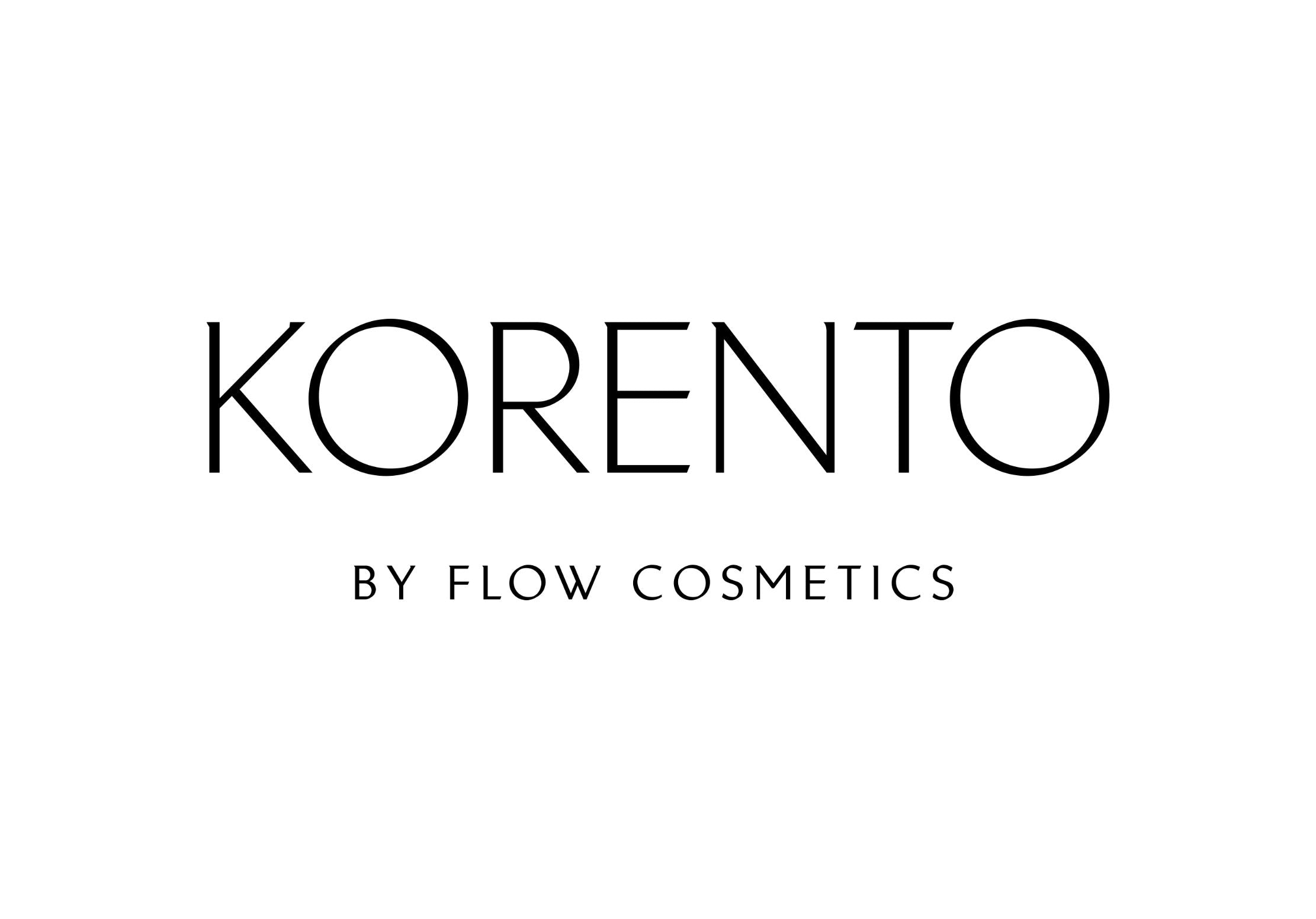
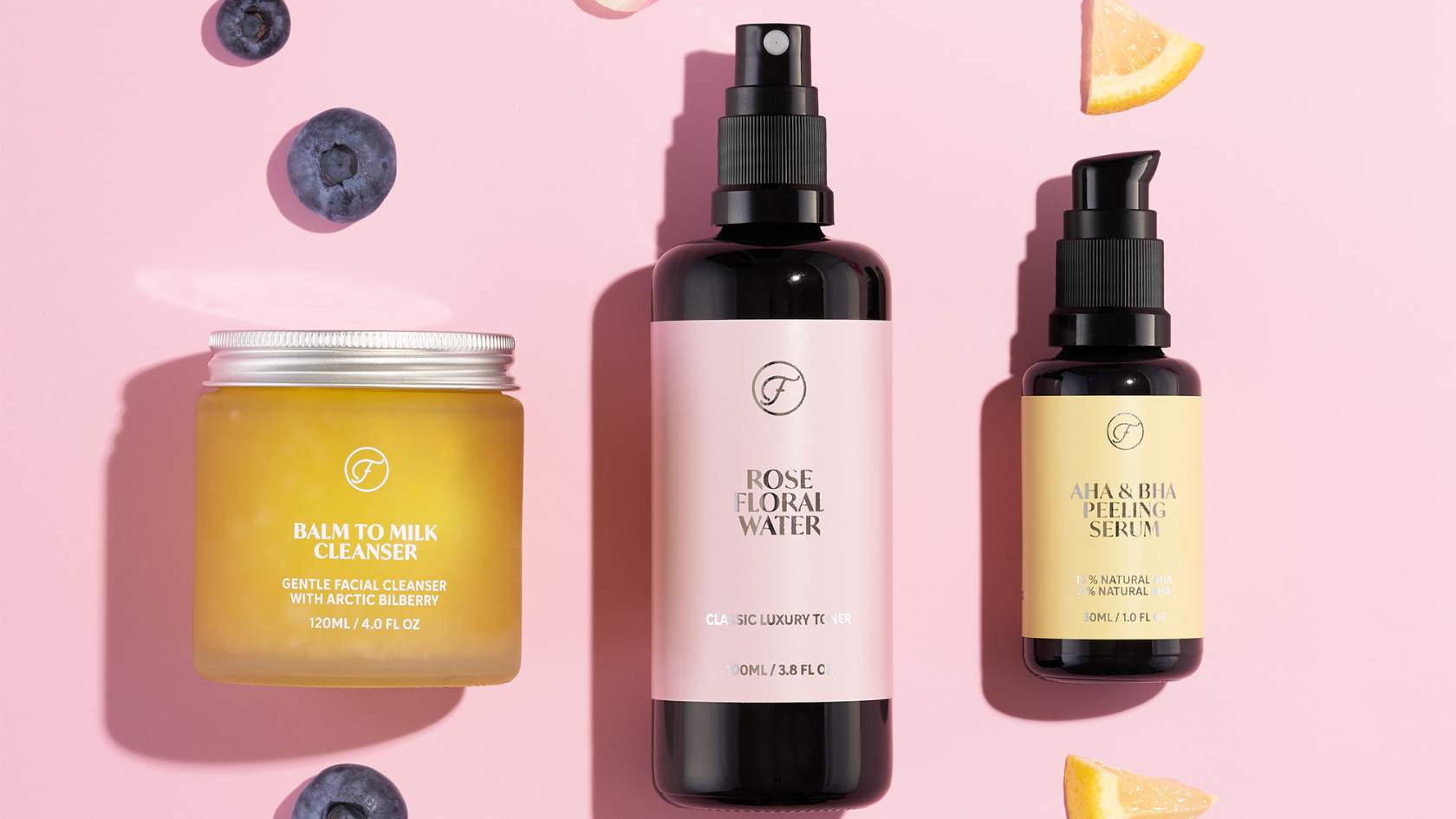
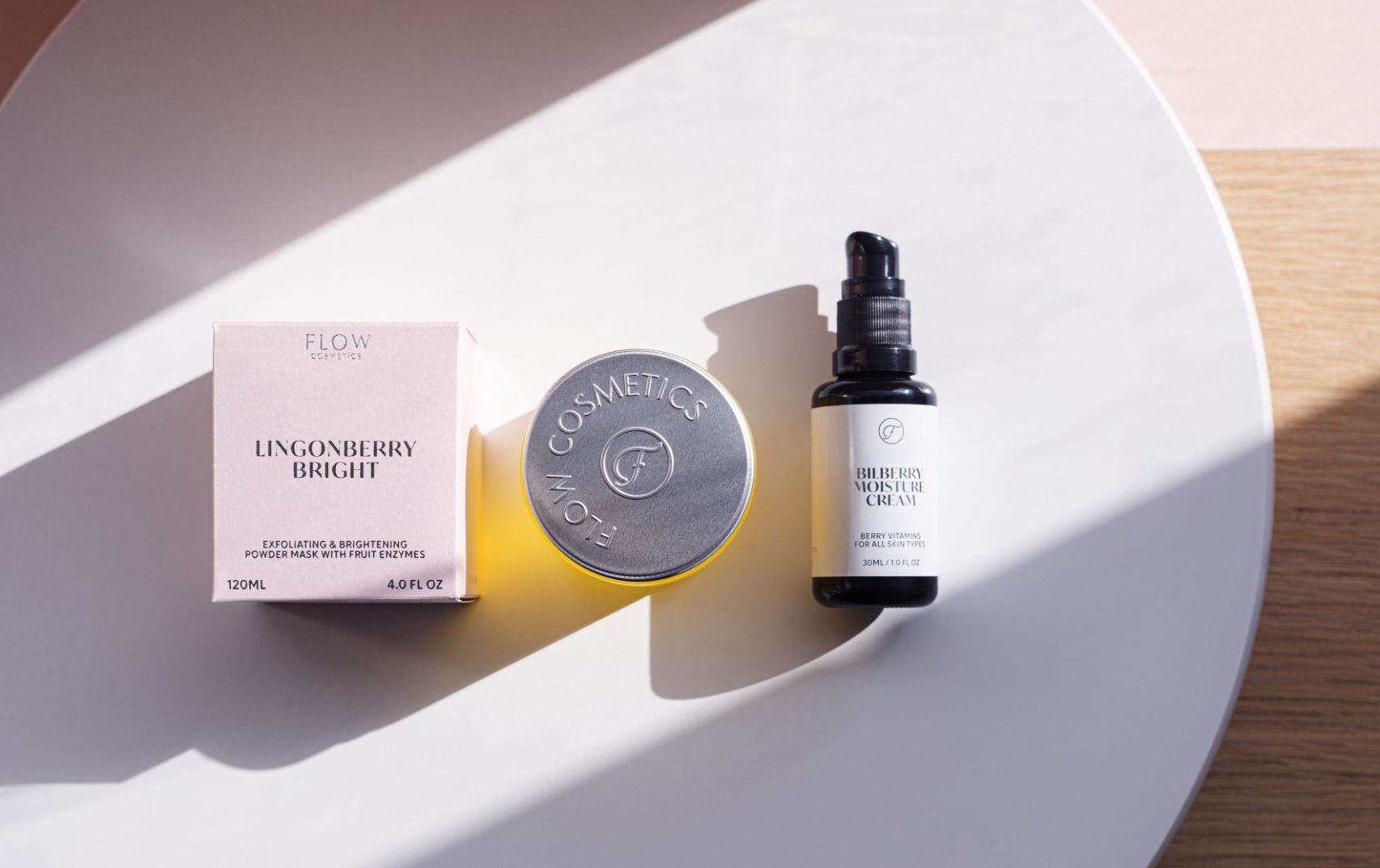

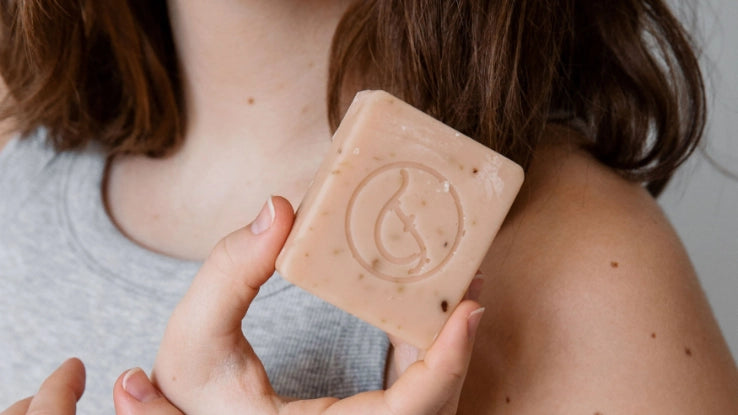


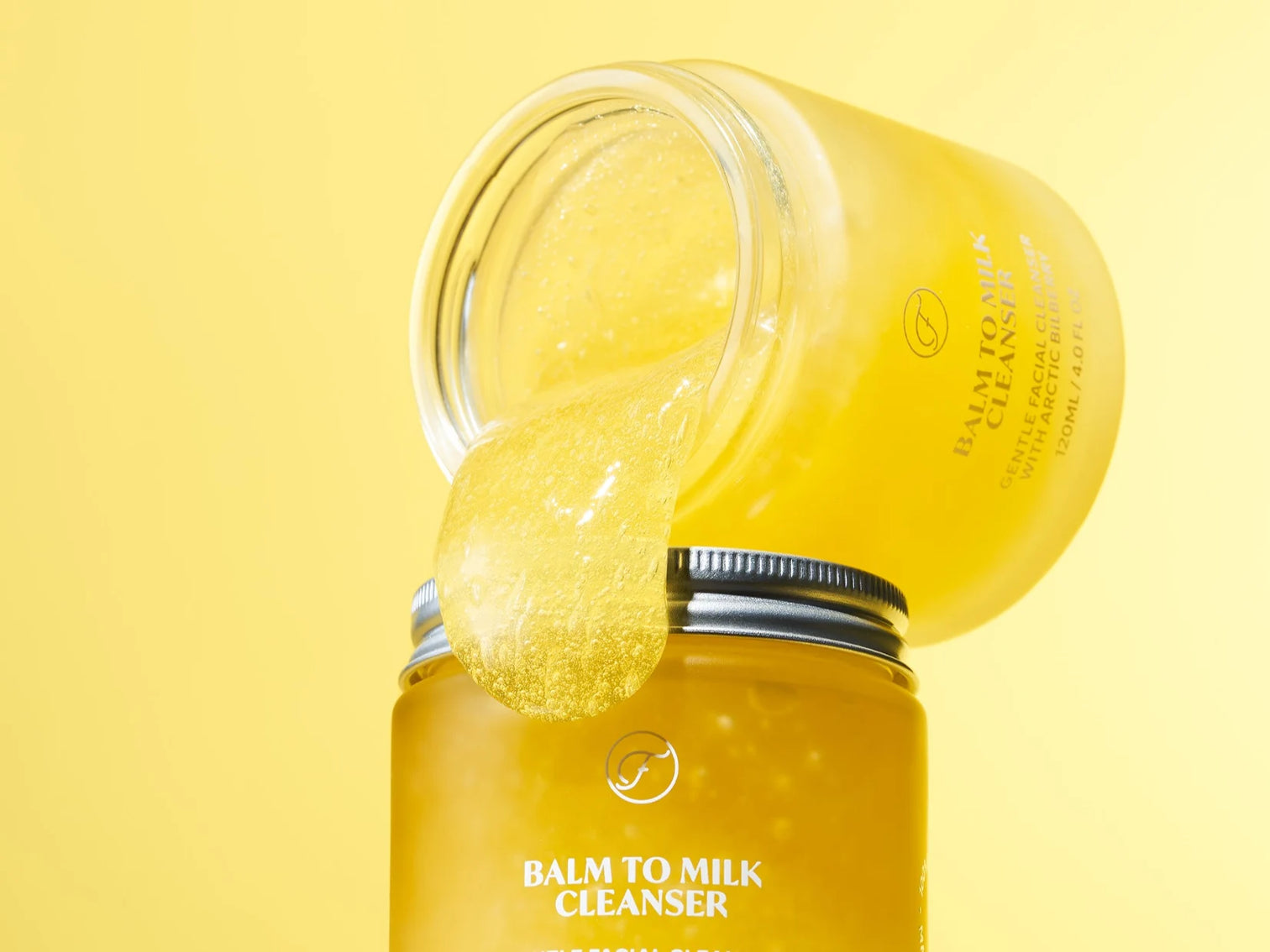

Leave a comment